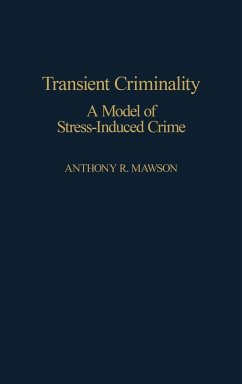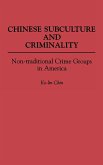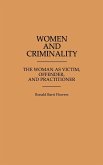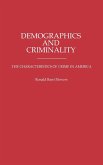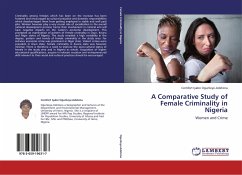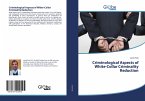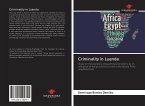Mawson proposes that transient criminality results from acute environmental stress and/or physiological disturbances in a context of diminished social supports. He posits a synthesis of situational factors and social and life-sciences concepts to explain stress-induced crime, and illustrates how the resulting model can explain theft, burglary, vandalism, homicide, assault, and rape. . . . will be helpful to any who wants to understand more about single or spasmodic violent crime perpetrators. Police & Security Bulletin Mawson proposes that transient criminality results from acute environmental stress and/or physiological disturbances in a context of diminished social supports. He posits a synthesis of situational factors and social and life-sciences concepts to explain stress-induced crime, and illustrates how the resulting model can explain theft, burglary, vandalism, homicide, assault, and rape. This new text includes discussions on the existing literature on the link between stress and criminality; the existing models of stress-induced crime; a new model of motivational behavior; a critique of the concept of conscience; the application of a new model to specific types of crime; and the various cognitive transformations in relation to crime.
Hinweis: Dieser Artikel kann nur an eine deutsche Lieferadresse ausgeliefert werden.
Hinweis: Dieser Artikel kann nur an eine deutsche Lieferadresse ausgeliefert werden.

